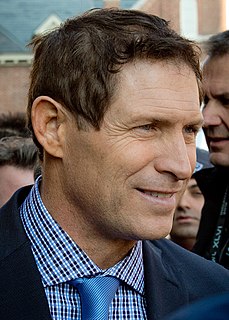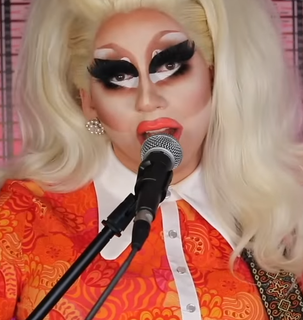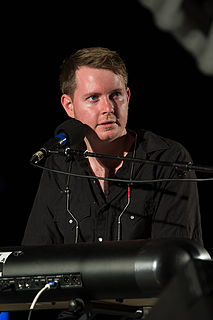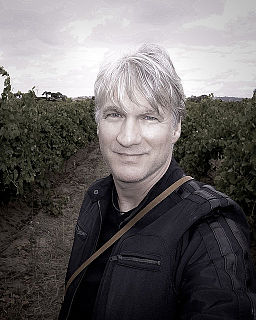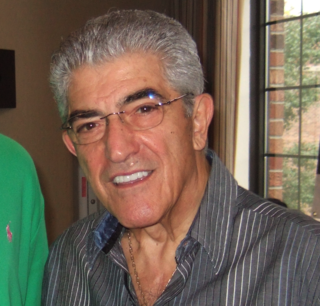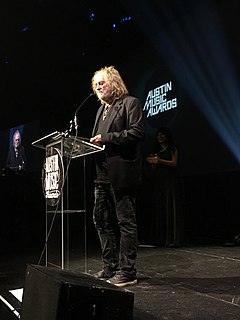A Quote by Steve Young
All I cared about was the music, like hearing Townes [ Van Zandt] talking about "For the sake of the song"; it's all that mattered. In spite of me a couple of things happened, mainly the Eagles and Seven Bridges Road. That certainly helped me survive. Joan Baez, Rita Coolidge, and Ian Matthews did it.
Related Quotes
Every time I finish a song... most of the time it's in my own head, like this sounds too much like a Townes Van Zandt song, or whoever. I realize there are so many melodies and chord progressions in pop and rock music that are so similar that you can kind of trace it back to other things. Most of the time it's just in your head.
When I first was trying to play the clubs around Houston to start playing my own songs, songwriters like Eric Taylor and Vince Bell and Townes Van Zandt and Don Sanders were just really encouraging to me and would let me sit in with them during their sets and introduce me to the person that owned and booked the club.
I kind of came from the Townes Van Zandt school of throwing yourself off a cliff and then that's what you write about, and that rule number one of creative writing is you have to have conflict. But if you write about yourself mostly, then if you don't have conflict, then you create it. And the older I get, the more I realize that that's not a very smart way to do this. Not to say I'm the most self destructive person on earth, but it's easy to do.
My first album was mainly dealing with street issues, and it was 'coded': it was called 'Reasonable Doubt.' So the things I was talking about... I was talking about in slang, and it was something that people in the music business was not really privy to. They didn't understand totally what I was saying or what I was talking about.
